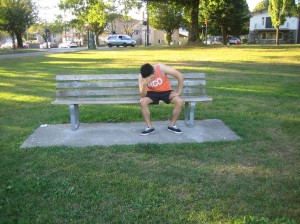Overview
Most people know acute cystitis as a bladder infection. This is defined as an inflammation in the bladder that is usually caused by some sort of infection. There are two types of acute cystitis:
- Uncomplicated occurs in women who have no underlying conditions that could have caused this. These women are usually not pregnant and have no hit menopause
- Complicated: This occurs when there are other factors to consider that are causing these infections.
Causes of Bladder Infection

In most cases, a person gets a bladder infection when there are bacteria present that has gotten into the bladder via the urethra. The urethra is how urine is passed from the bladder to the outside. Due to the location, bacteria can easily spread from the skin, the rectal area or the lower intestines to infect the bladder. There are times in which acute cystitis can be caused by medications or trauma to the bladder.
The Risks for Getting Bladder Infection
Women are more likely to have bladder infections. However, there are other risks that can put a person at a higher chance of developing this. These risks include:
- Your sexual activity
- Having a history of bladder infections
- The type of birth control being used, such as using spermicide
The risks for complicated acute cystitis include:
- Having number bladder infections as a child
- Utilizing a urinary catheter
- An immune system that is compromised
- Pregnancy
- Having any type of diabetes
- Having other urinary issues like kidney stones or a kidney transplant
- An enlarged prostate
Symptoms of a Bladder Infection
There are several symptoms that can indicate a bladder infection, including:
- The need to urinate often
- Only passing small amounts of urine at a time
- Pain in the abdomen, lower back or the pelvic area
- A burning sensation when you urinate
- Urine that is cloudy or smells bad
- Urine that is red with blood
- Low-grade fever
- Feeling tired all the time
Diagnosing Bladder Infections
When a doctor diagnoses bladder infections, they will often ask about any symptoms the person may be feeling, as well as their medical history. They will then perform a physical exam. The person will have to urinate in a cup and this will be cultured for bacteria that may be present. If the doctor feels as though there could be complications from this bladder infection, other tests may be ordered to look at the bladder.
Treating Bladder Infection
In most cases, a round of antibiotics is needed in order to clear up a bladder infection. Those who take these antibiotics will need to finish the entire round of antibiotics, even when they get to feeling better. There may also be medications to take that will help with the spasms and pain that is being felt.
Preventing Bladder Infections
There are several things that you can do in order to prevent bladder infections from happening. You can:
- Ensure you are drinking plenty of fluids
- Try to put more cranberry juice into your diet as many studies have proven that this does help
- Be sure to empty your bladder before and after sex
- Ensure that you are washing your genitals daily
- For women, wipe from the front to the back
- Do not utilize hygienic sprays or douches as this can cause irritation.
Related Video On Bladder Infections
